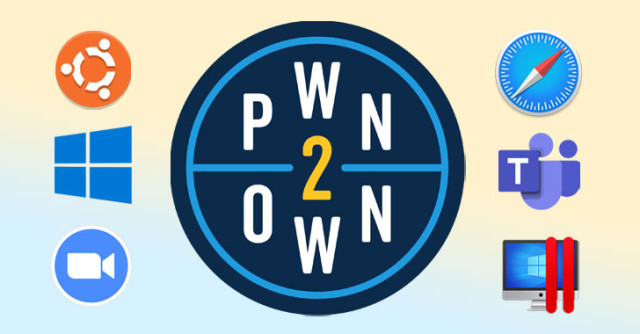Security researchers attending the Pwn2Own hacking competition flexed their skills, exposing vulnerabilities in software from major companies. This annual event serves as a stark reminder of the constant battle for digital security.
Tesla's software once again found itself in the spotlight. A team called Synacktiv emerged victorious by exploiting the car's electronic control unit (ECU) with a single programming error.
This critical vulnerability not only earned them a hefty $200,000 prize but also a brand new Tesla Model 3. Synacktiv's success highlights the ongoing challenge of securing complex automotive systems, where a single flaw can have serious consequences.
Popular web browsers weren't immune either. Ethical hackers set their sights on Apple's Safari, Google Chrome, and Microsoft Edge, exposing critical vulnerabilities.
A lone hacker known as Manfred Paul managed to exploit all three browsers, winning a combined $102,500 for his discoveries. This demonstrates the widespread reach of web browsers as potential attack points and the importance of keeping them up-to-date with security patches.
Another hacker, Seunghyun Lee, also played a significant role by uncovering a major bug in Google Chrome, further emphasizing the need for constant vigilance in browser security.
The competition extended beyond web browsers, with software like Adobe Reader and even Windows 11 facing scrutiny.
Hackers successfully exploited vulnerabilities in these programs, underscoring the constant need for robust security across all types of software.
These hacking competitions, though dramatic, play a crucial role in improving overall security. By exposing software weaknesses, ethical hackers provide a valuable service. Their discoveries allow companies to address these issues before malicious actors can take advantage, ultimately making everyone safer.




















